By Our Political Editor
President Anura Kumara Dissanayake’s visit to China grabbed the headlines of the week not only domestically but also internationally. While the AKD administration has been under intense scrutiny domestically, high-profile visits have provided much-needed wins for a government struggling to maintain its footing amidst widespread criticism from the public and hostile media. At the same time, a rejuvenated opposition, led by a fierce competition between Sajith Premadasa, Namal Rajapaksa, and Dilith Jayaweera, has kept the government under relentless pressure.
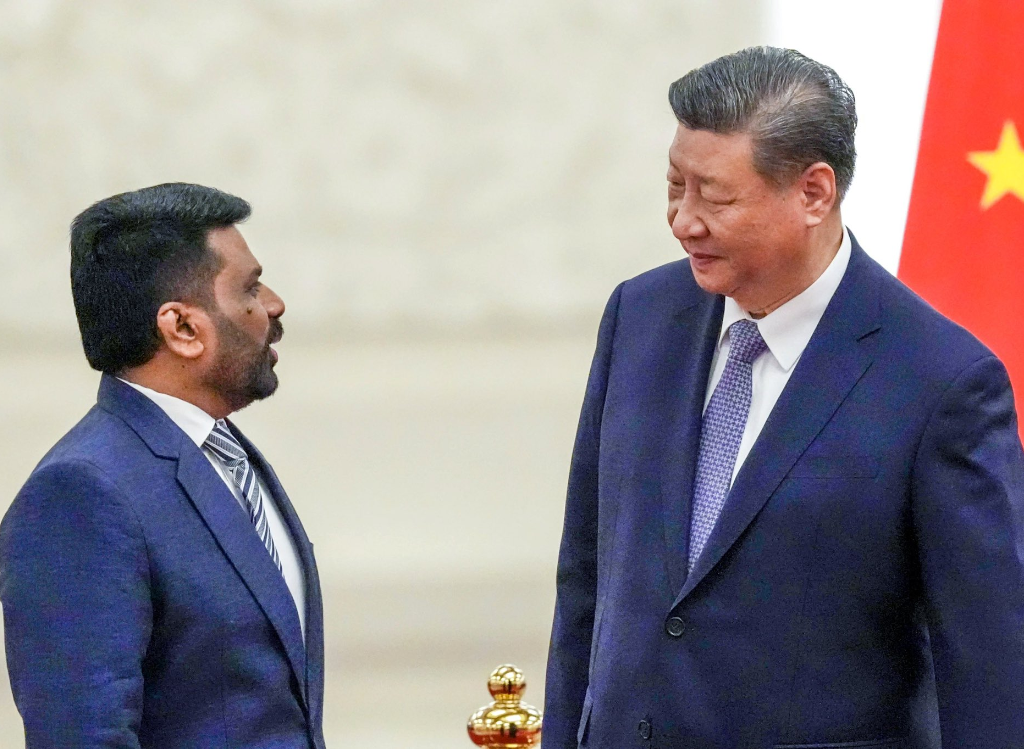
President Dissanayake’s state visit to China marked a pivotal moment for his administration. His meeting with President Xi Jinping not only reaffirmed the long-standing ties between the two nations but also culminated in a landmark agreement that promises significant economic benefits for Sri Lanka. The $3.7 billion investment by Sinopec Corporation to build an oil refinery in Hambantota stands as the largest foreign investment secured under the AKD administration.
This refinery, with a capacity of 200,000 barrels per day, is not only expected to bolster Sri Lanka’s energy security but also aims to position the nation as a regional energy hub, with a significant portion of its output earmarked for export. Such a strategic project underscores China’s role as a key partner in Sri Lanka’s development ambitions and provides the government with a much-needed win to counter domestic criticism.
The timing of the visit is crucial. It comes amidst mounting challenges, including economic woes and public criticism. For the AKD administration, the Chinese partnership signals an effort to demonstrate that it can still attract substantial foreign investment and deliver results.
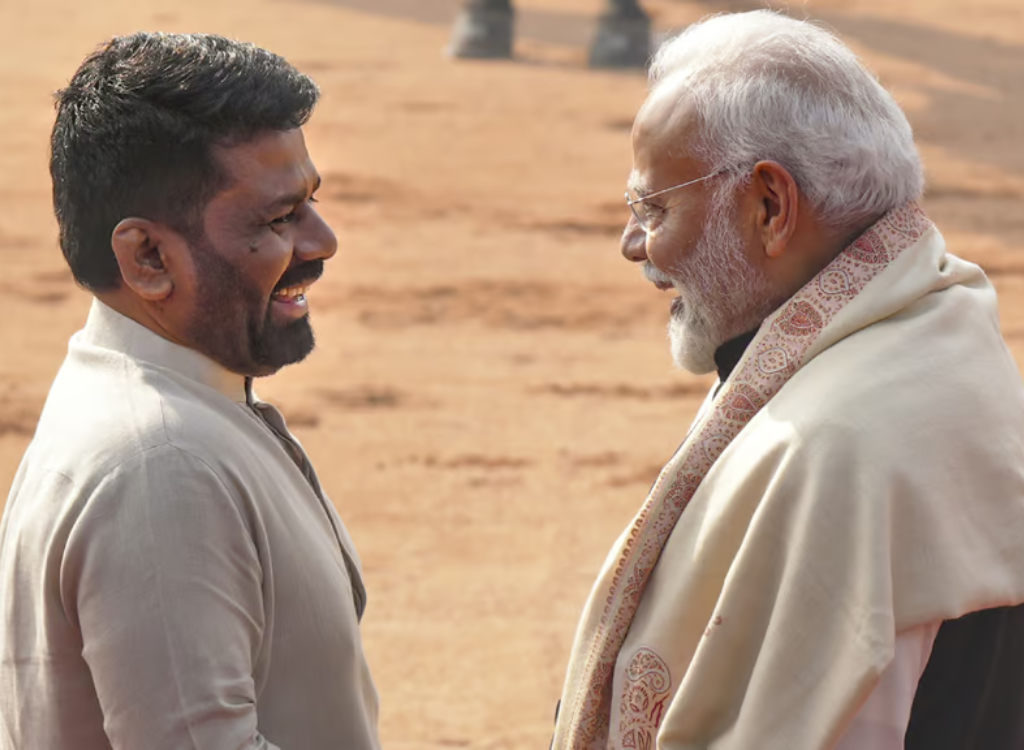
President Dissanayake’s recent meeting with Indian Prime Minister Narendra Modi in Delhi in the last month further highlights Sri Lanka’s strategic balancing act in the region. By strengthening ties with both Beijing and New Delhi, the AKD administration is leveraging its geopolitical position to secure economic and political support.
India, through its regional leadership and growing global influence, remains a vital ally for Sri Lanka, particularly in addressing energy security, trade, and regional security concerns. These developments signal that the AKD government is actively pursuing a pragmatic foreign policy to offset challenges.

Meanwhile, the opposition has seized the moment to consolidate its position as a formidable alternative to the current administration. Sajith Premadasa, Namal Rajapaksa, and Dilith Jayaweera are locked in a fierce competition to establish themselves as the leading voices of dissent. Premadasa’s Samagi Jana Balavegaya (SJB) continues to discuss with the United National Party (UNP) on a possible alliance.
While insiders from both parties express skepticism about the finalisation of such an alliance, the SJB has demonstrated its intent by appointing a committee to lead discussions. The committee, led by General Secretary Ranjith Madduma Bandara, includes seasoned politicians Kabir Hashim and young Harshana Rajakaruna. The SJB’s move to explore alliances reflects its strategic vision of consolidating opposition forces ahead of the next elections.
Namal Rajapaksa, on the other hand, has taken a more combative approach. His accusations against the government for engaging in a “witch hunt” against SLPP supporters highlight the SLPP’s attempt to portray itself as a victim of political persecution. By establishing a legal aid program to counter these alleged efforts, the SLPP aims to galvanize its base and maintain its relevance in the evolving political landscape.
Dilith Jayaweera, the maverick opposition MP, continues to carve out his unique role as a firebrand critic of the government. His ability to dominate media narratives and challenge the administration on key issues ensures that the opposition remains diverse and multi-faceted, offering a range of approaches to counter the government’s policies.

The AKD government continues to grapple with governance challenges. Trade Minister Wasantha Samarasinghe faced widespread ridicule for his comments blaming a rice shortage on former President Ranil Wickremesinghe. Social media critics and opposition leaders wasted no time in using the remarks to highlight the administration’s perceived incompetence.
The controversial decision to award the operations of Mattala International Airport to Indian and Russian companies by the previous government has also drawn sharp criticism. Deputy Minister Ruwan Kodithuwakku raised concerns over the legitimacy of the deal, particularly pointing to the involvement of an Indian company flagged by the United States. Questions over the unfavorable profit-sharing terms have forced the government to revisit the agreement, adding to its growing list of administrative headaches.
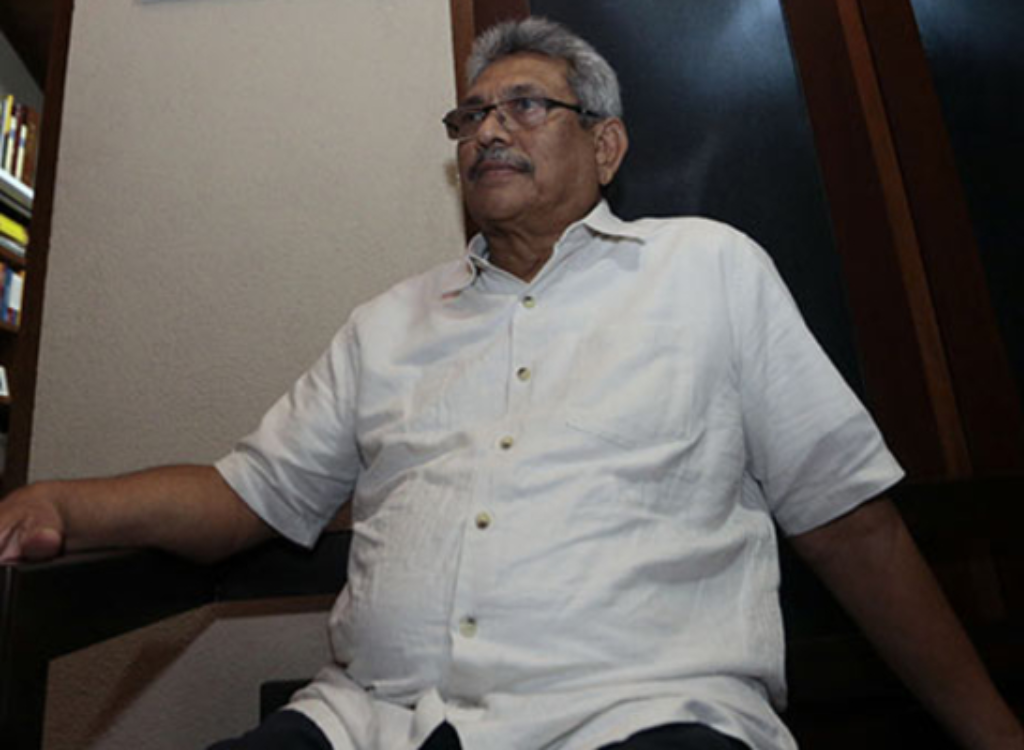
In a separate development, former President Gotabaya Rajapaksa was summoned to appear before the CID for questioning over allegations of amassing illegal assets. The move has further inflamed tensions between the government and the opposition, with Namal Rajapaksa accusing the administration of politicizing the issue. The SLPP’s legal strategy to counter these allegations underscores its determination to fight back and regain lost ground.
As the AKD administration works to capitalize on its geopolitical successes, it must also address the domestic challenges. The Chinese investment in Hambantota and strengthened ties with India are undoubtedly wins for the government, but they risk being overshadowed by growing public dissatisfaction and a reinvigorated opposition.
The opposition’s ability to exploit governance missteps and present itself as a credible alternative will likely shape the coming months. For President Dissanayake, the challenge lies in translating diplomatic wins into tangible benefits for the electorate while maintaining a steady hand amidst rising public criticism.
The politics in Sri Lanka remains as volatile as ever, with the government and opposition locked in an intense battle for the nation’s future. In the weeks to come, the AKD administration’s ability to balance progress with political stability will determine whether it can regain public trust or continue to cede ground to an increasingly assertive opposition.



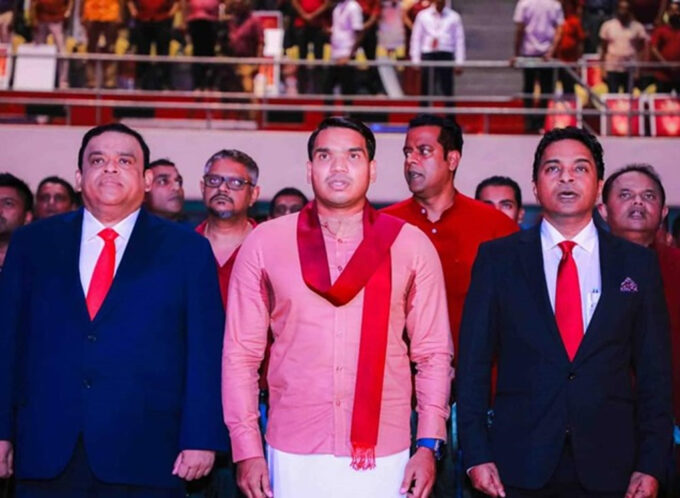

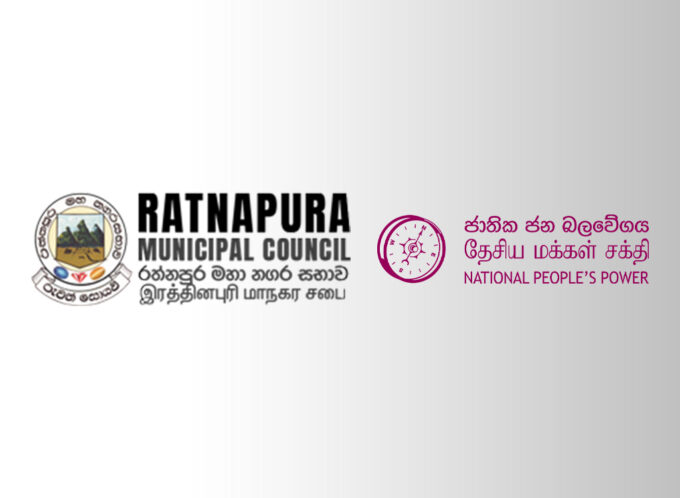
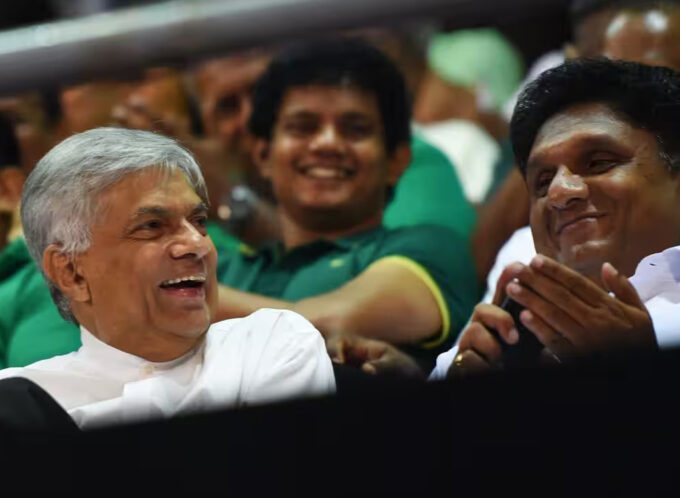

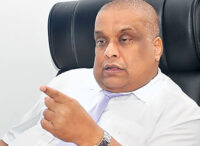

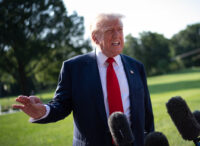
Leave a comment